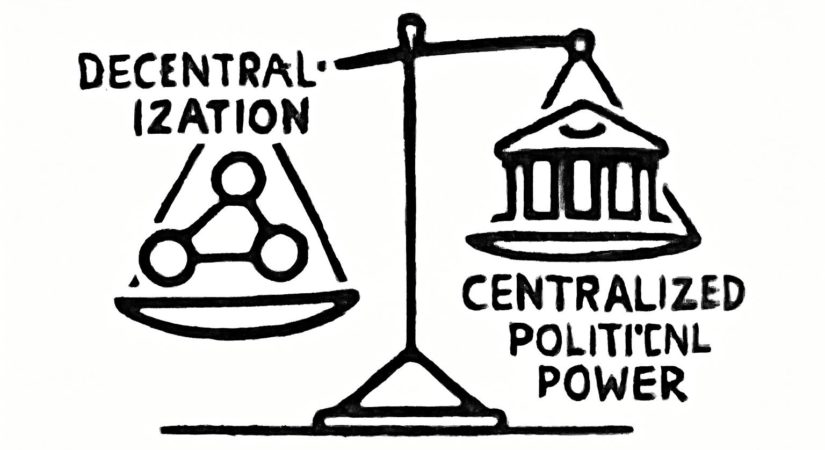Bitcoin emerged from the 2008 financial crisis as a decentralized alternative to centralized power, embedding a protest against bank bailouts in its genesis block. Over the years, it has grown from niche digital money into a multi-trillion-dollar asset class, inspiring a broad spectrum of users committed to personal sovereignty and open access.
However, Bitcoin’s foundational ethos of decentralization and anti-authoritarianism faces contradictions as former President Donald Trump increasingly positions himself as a key political supporter of the cryptocurrency.
On June 14, 2025, simultaneous with Trump’s birthday celebrations, protests known as “No Kings” reiterated Bitcoin’s original spirit against centralized control, contrasting sharply with Trump’s polarizing political image. While Bitcoin’s protocol resists any single entity’s control, Trump’s leadership style is characterized by centralized authority and top-down decision-making.
Trump’s public pivot from crypto skeptic to advocate has included launching a memecoin, promoting a U.S. Strategic Bitcoin Reserve, and aiming to make the U.S. a global crypto hub. Vice President JD Vance hailed the administration as a strong ally of the crypto industry at the Bitcoin 2025 Conference.
Despite overlapping anti-establishment messaging, populism and decentralization differ fundamentally: populism centers on singular leadership, whereas decentralization disperses power. This alignment poses a tension within the Bitcoin community between strategic political alliances and preserving the movement’s nonpartisan, decentralized identity.
Supporters like Bitcoin Magazine chairman David Bailey view cooperation with the Trump administration as beneficial for regulatory clarity and self-custody rights. Meanwhile, figures like Jason Maier express concern that close political ties threaten Bitcoin’s broad, inclusive values.
Bitcoin’s culture, heavily influenced by memes and viral narratives, parallels Trump’s media strategy. This synergy fuels interest in crypto projects like the $TRUMP memecoin, emphasizing cultural vibe over ideology but also raising questions about long-term principles.
Ultimately, Bitcoin’s future depends on maintaining the integrity of its community beyond the underlying protocol. While the blockchain resists centralized control, the surrounding movement must guard against political co-option that could compromise its founding ideals.
